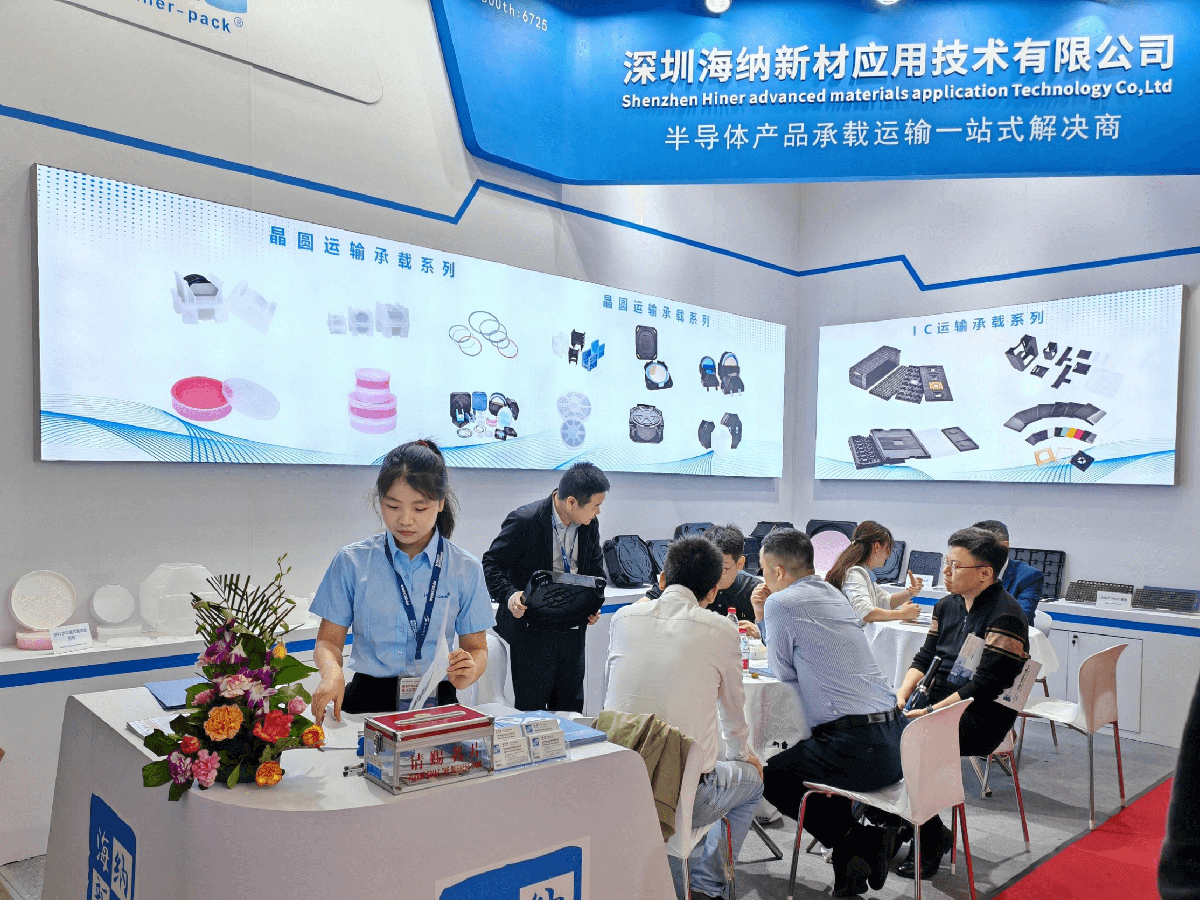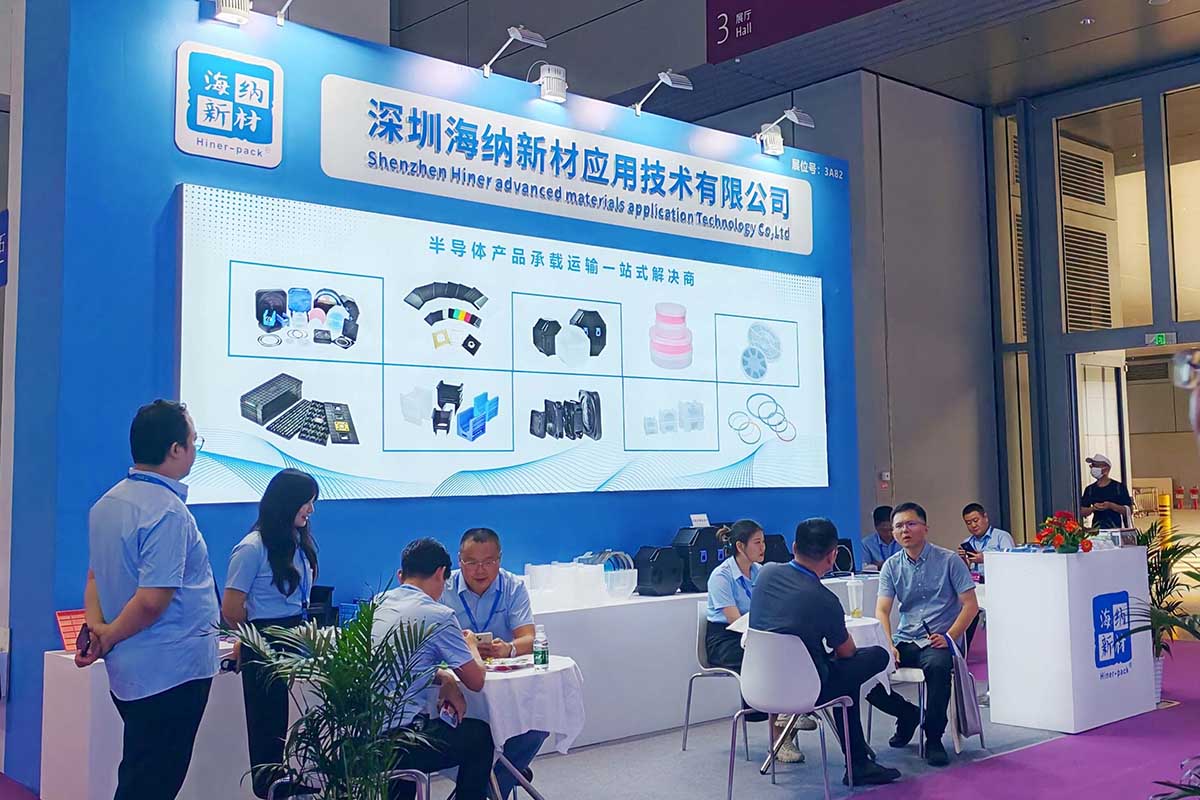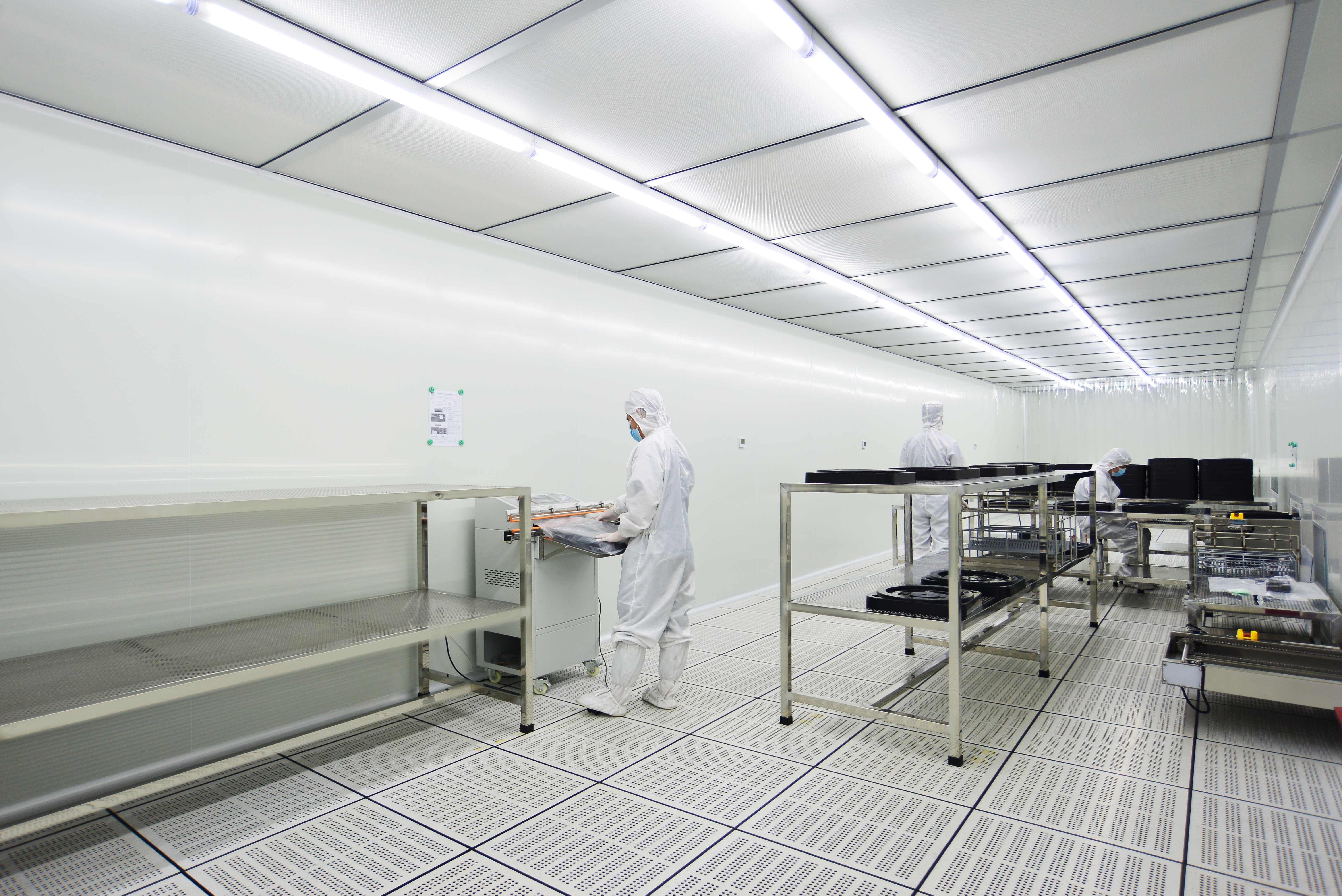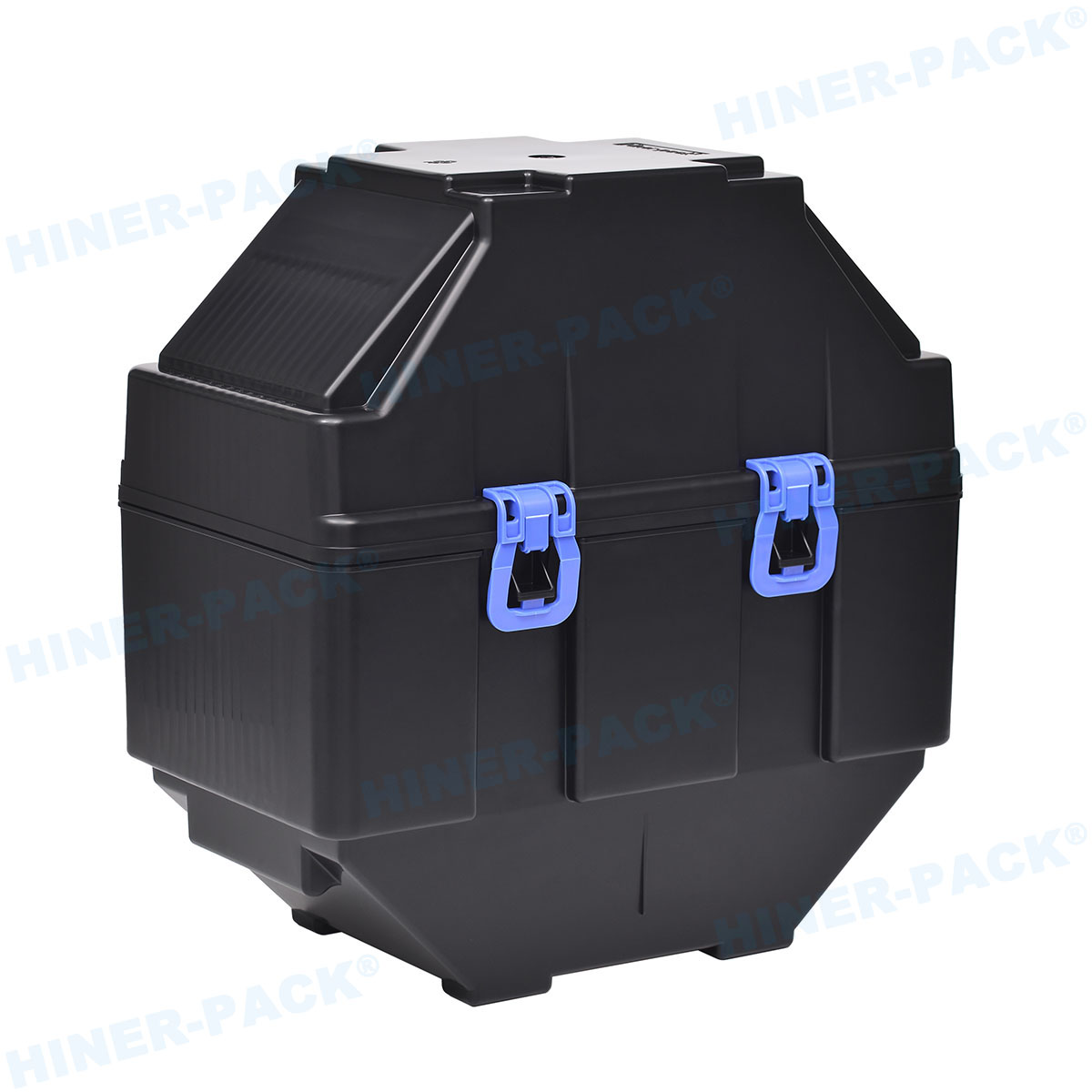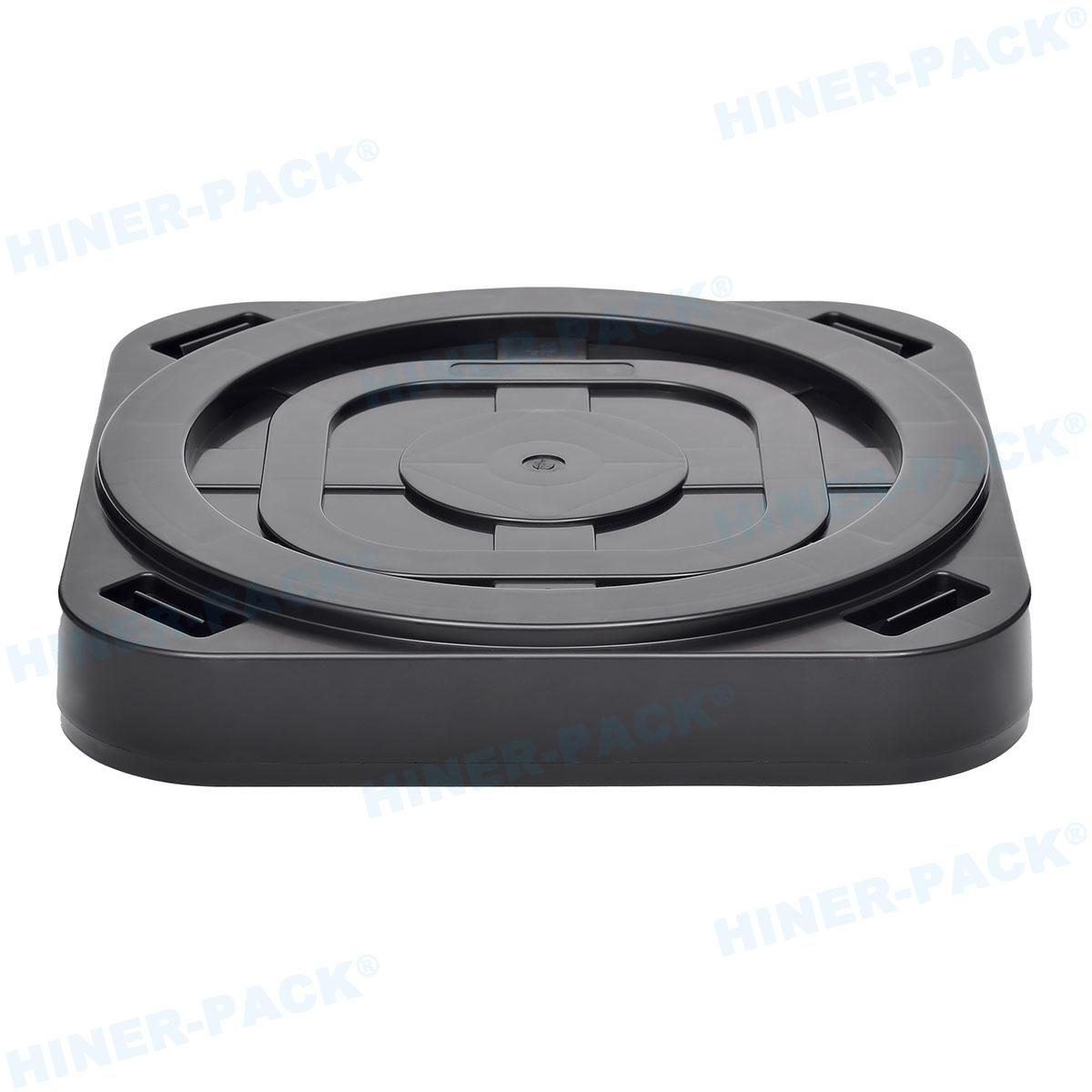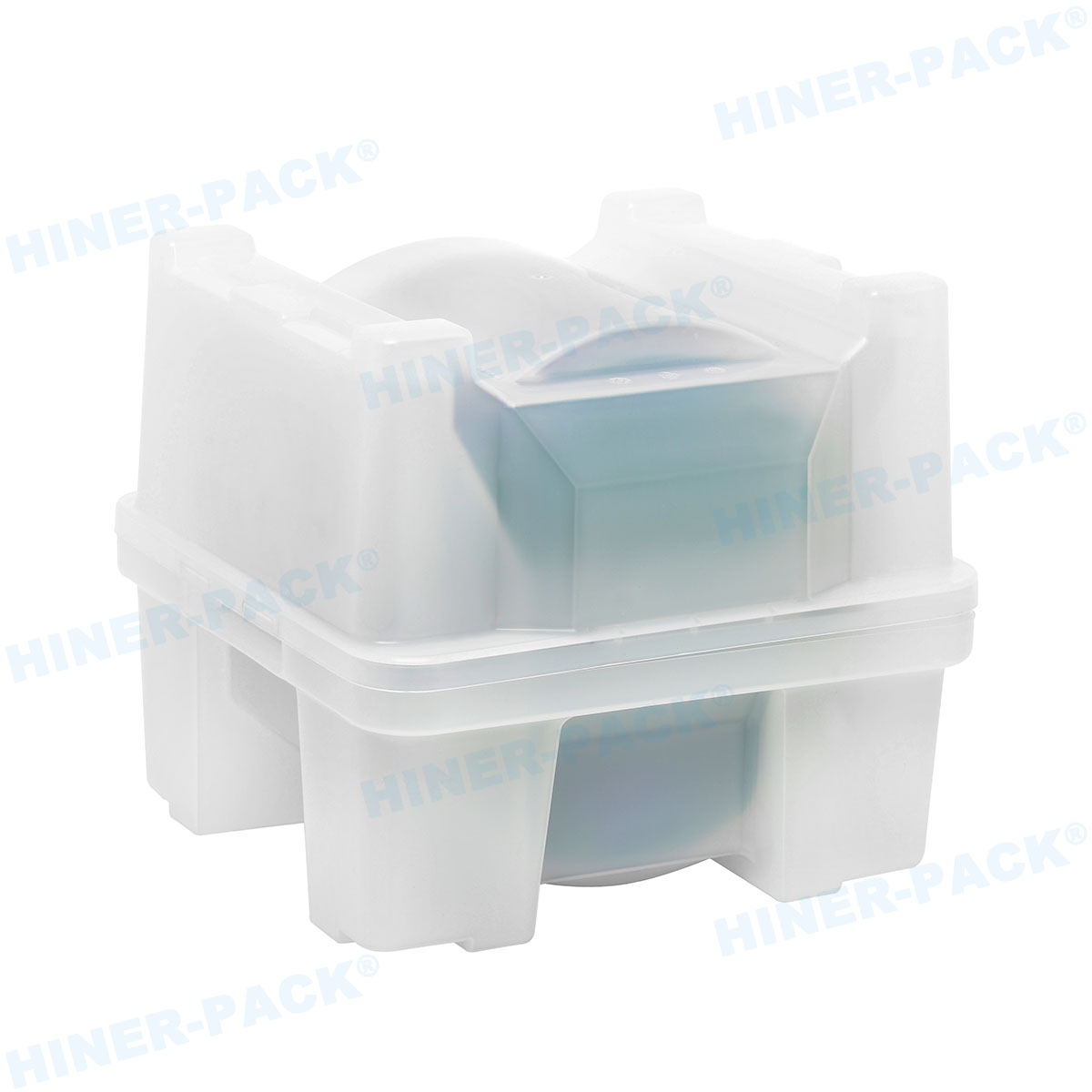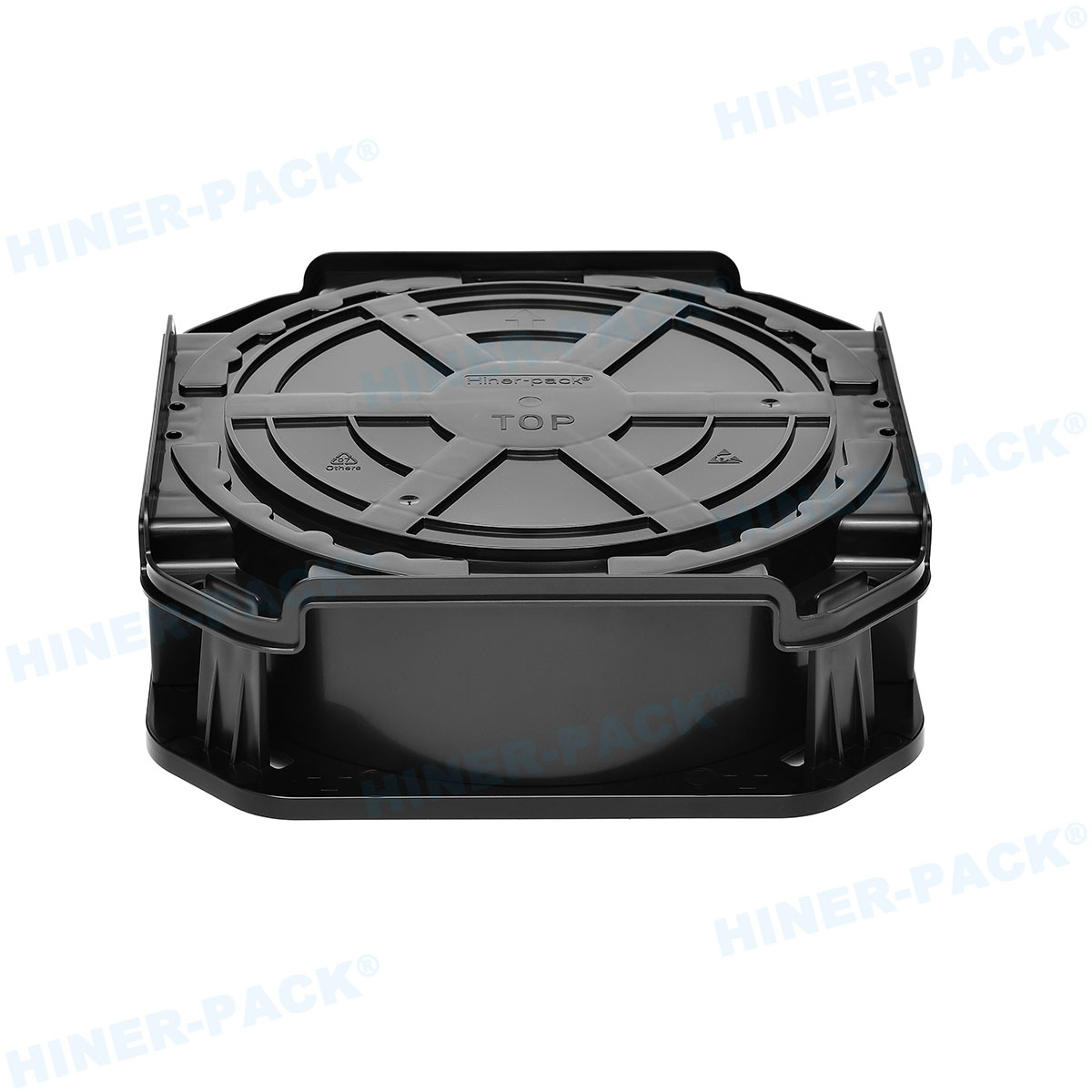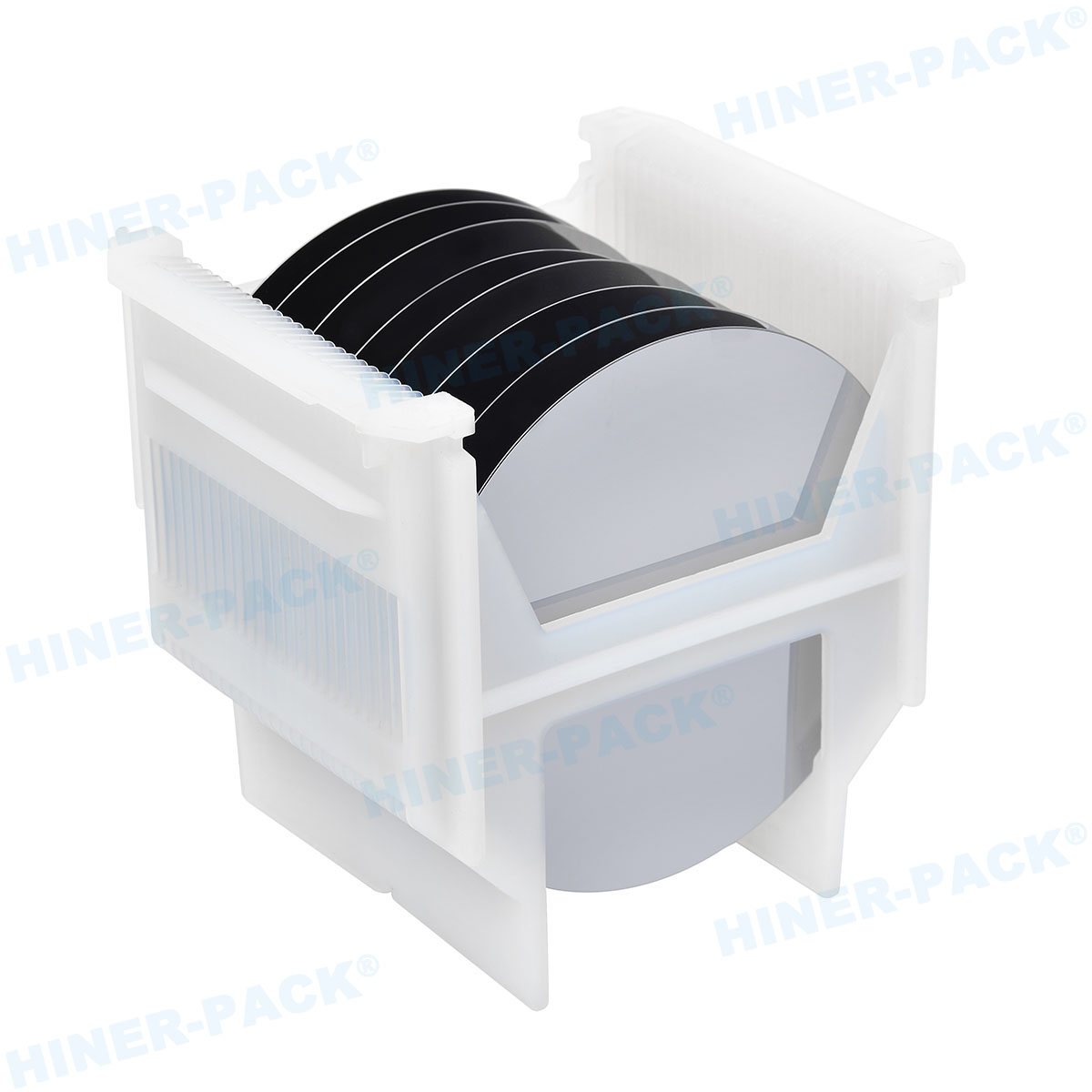In the highly precise world of semiconductor manufacturing, every component plays a critical role in ensuring yield, quality, and efficiency. Among these, the metal wafer cassette stands as a fundamental piece of equipment, responsible for the safe transportation, storage, and processing of delicate silicon wafers. Choosing the right handling solutions, from a custom metal wafer carrier to a standard stainless steel wafer tray, is not a mere procurement decision—it is a strategic one that impacts the entire production line. This article delves into the ecosystem of metal wafer handling products, exploring the offerings of specialized manufacturers and suppliers, and addresses the common challenges faced in their selection and use.
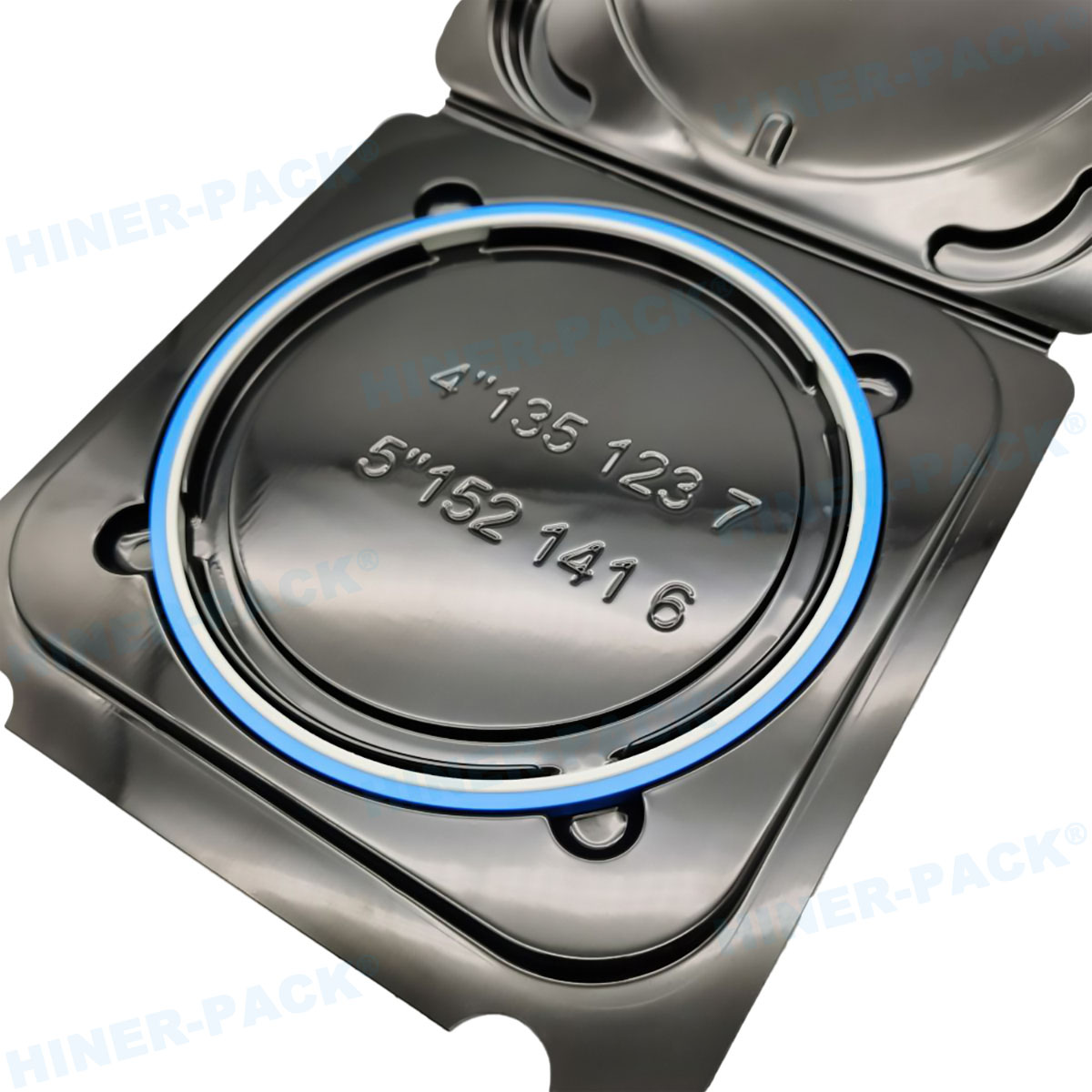
The Critical Role of a Metal Wafer Cassette in Modern Fabs
A metal wafer cassette is far more than a simple container. It is an engineering marvel designed to hold wafers in a fixed, spaced position, preventing contact and subsequent damage during movement between processes. Unlike plastic alternatives, metal cassettes offer superior durability, higher temperature resistance, and reduced risk of contamination from outgassing or particle generation. They are typically used in environments requiring rigorous cleanroom standards and repeated high-temperature cycles, such as diffusion, CVD, and annealing furnaces. The integrity of a metal wafer cassette directly influences the defect rate, making its quality and design paramount to fab operations.
Beyond Standardization: The Need for a Custom Metal Wafer Carrier
While standard cassettes serve many purposes, the increasing complexity of semiconductor processes often demands tailored solutions. This is where a custom metal wafer carrier becomes indispensable.
Application-Specific Design: A standard cassette might not fit unique furnace tube geometries or specialized processing equipment. A custom metal wafer carrier is designed from the ground up to meet exact dimensional tolerances, load capacities, and thermal expansion coefficients required for a specific tool or process step.
Material Innovation: Beyond standard stainless steel, a custom metal wafer carrier might be fabricated from specialized alloys like Inconel or coated with materials like silicon carbide (SiC) to provide exceptional resistance to extreme temperatures and corrosive process gases, thereby extending the carrier's lifespan and protecting wafers.
Ergonomics and Automation: Customization can also include features that improve ergonomics for operators and compatibility with automated Material Handling Systems (AMHS), such as specific notches, robotic pickup points, or RFID tags for tracking.
Partnering with a manufacturer capable of precision engineering is crucial for developing an effective custom metal wafer carrier that enhances process yield and tool uptime.
Selecting a Stainless Steel Wafer Tray Manufacturer: Key Considerations
The choice of a stainless steel wafer tray manufacturer is a decision that carries significant weight. Not all manufacturers are created equal, and the quality of their products can vary dramatically.
When evaluating a potential stainless steel wafer tray manufacturer, consider these critical factors:
Material Purity and Certification: The manufacturer should use high-purity, semiconductor-grade stainless steel (e.g., 304 or 316L) with certifications traceable to the mill. This ensures low levels of impurities that could lead to contamination.
Precision Machining and Fabrication: Look for expertise in precision welding, laser cutting, and electropolishing. Seams should be smooth and continuous, and all surfaces should be free of burrs, micro-cracks, and pits that could trap contaminants or generate particles.
Cleanroom Packaging and Cleaning: A reputable stainless steel wafer tray manufacturer will have stringent cleaning processes (e.g., ultrasonic cleaning with high-purity solvents) and will package finished products in Class 100 or better cleanroom environments to preserve their cleanliness during shipping.
Quality Control and Metrology: The manufacturer must have robust QC procedures, using advanced metrology tools like coordinate measuring machines (CMMs) and laser scanners to verify that every tray meets precise dimensional and geometric specifications.
The Specialized Niche of a Metal Wafer Boat Supplier
Often used interchangeably with "cassette," a wafer boat is specifically designed for high-temperature processing within furnace tubes. Sourcing from a dedicated metal wafer boat supplier is essential for these critical applications.
A reliable metal wafer boat supplier provides products designed to withstand thermal stress. Repeated heating and cooling cycles can warp poorly designed boats, leading to misalignment and wafer slippage. Boats from a qualified metal wafer boat supplier are engineered to minimize thermal deformation. Furthermore, the design of the slots—the grooves that hold the wafers—is a science in itself. The slots must be precise to prevent wafer movement, yet gentle to avoid creating stress points or chips on the wafer's edge. The right metal wafer boat supplier will offer designs that optimize wafer stability and gas flow within the process tube.
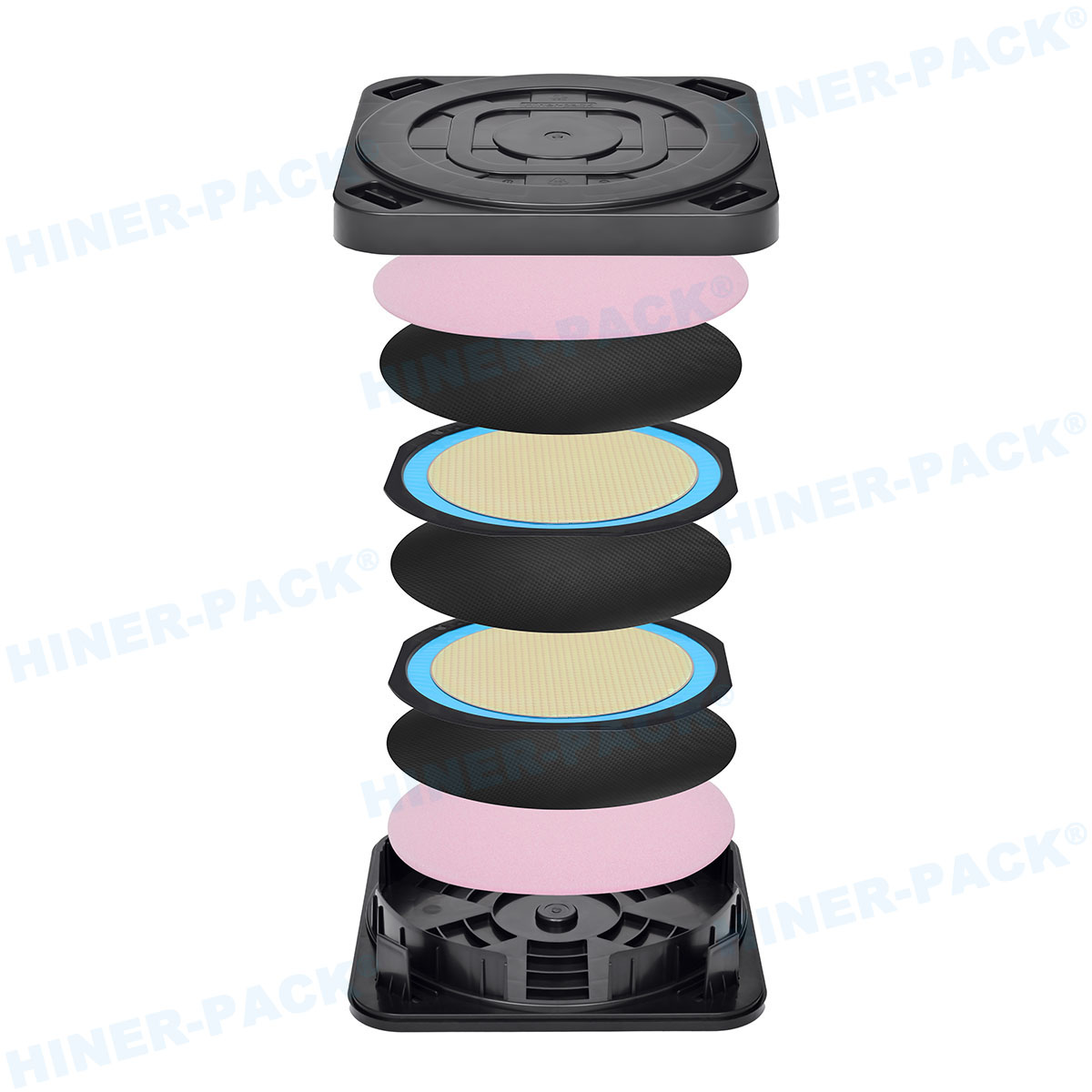
Completing the Ecosystem: The Wafer Processing Basket Supplier
For more aggressive wet processing steps like etching, cleaning, and plating, a standard cassette may not be suitable. This is the domain of the wafer processing basket supplier. These baskets are typically constructed from PTFE-coated metals or specific alloys to withstand harsh chemical baths while allowing for optimal fluid flow and drainage.
A proficient wafer processing basket supplier offers solutions that prevent wafer "sticking" or damage during processing and subsequent drying. The design ensures that chemicals do not get trapped, which could lead to cross-contamination or staining. The role of a wafer processing basket supplier is to provide a product that maintains wafer integrity through some of the most aggressive steps in the fabrication process.
Common Challenges and Problems in Metal Wafer Handling
Even with high-quality products, several common issues can arise. Awareness of these problems is the first step toward mitigation.
Particle Contamination: This is the foremost concern. Particles can originate from wear-and-tear, improper cleaning, or substandard manufacturing. They can land on wafers, causing defects and killing die. Solution: Implement strict cleaning protocols and source products from manufacturers with proven low-particle performance.
Metallic Contamination: Ions from the metal itself (e.g., iron, nickel, chromium) can diffuse into the silicon wafers at high temperatures, altering their electrical properties. Solution: Use cassettes and boats with appropriate barriers or coatings and ensure they are thoroughly cleaned to remove any surface metallic residues.
Mechanical Damage: Chips, cracks, and scratches on wafers can occur from misaligned slots, rough handling, or warped carriers. Solution: Regularly inspect carriers for signs of wear or damage. Establish protocols for careful handling and use carriers designed with wafer-friendly features.
Warpping and Deformation: Exposure to repeated thermal cycles can cause low-quality metal carriers to warp. This misaligns wafers, leading to processing errors, slippage, and breakage. Solution: Invest in products from suppliers that use proper heat-treating techniques and designs that account for thermal expansion.
Incomplete Cleaning: Residual films or chemicals from previous processes can cross-contaminate subsequent batches. Complex designs with hard-to-reach areas are particularly prone to this. Solution: Partner with suppliers who design for cleanability (with smooth, rounded corners) and validate cleaning recipes to ensure they are effective.
Compatibility Issues: A cassette that doesn't interface perfectly with an automated tool can cause misloads, jams, and catastrophic tool downtime. Solution: For automated fabs, rigorous testing of new carriers with the actual equipment is non-negotiable. This is where a custom metal wafer carrier designed for a specific tool becomes invaluable.
The humble metal wafer cassette and its related products—the custom metal wafer carrier, stainless steel wafer tray, metal wafer boat, and wafer processing basket—are not mere commodities. They are precision instruments that safeguard the most valuable assets in a semiconductor fab: the wafers. Choosing the right manufacturer or supplier is a technical decision that requires careful evaluation of their capabilities, quality systems, and industry expertise. By understanding the common problems and proactively addressing them through superior product selection and handling procedures, manufacturers can significantly reduce defect rates, improve tool utilization, and protect their bottom line. In the quest for smaller nodes and higher yields, every particle matters, and it all starts with how the wafer is held.



